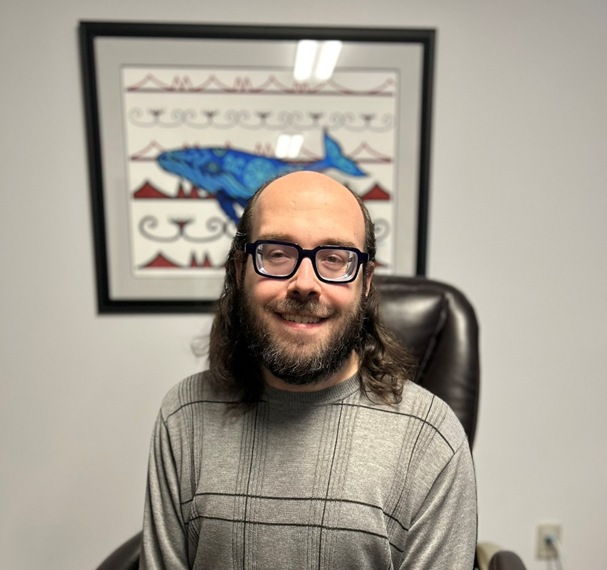The NIHB Navigator supports members by helping them understand and access their NIHB benefits, including assistance with coverage questions and advocacy.
For assistance, please contact:
- NIHB Manager: Melissa Muise
- Email: mmuise@qalipu.ca
- Phone: 709-634-3144
- Medical Transportation
- Email: mtpreapprovals@qalipu.ca
- Phone: 709-634-3386
- Mental Health Counselling
- Mental Wellness Navigator: Susan Bryan
- Email: sbryan@qalipu.ca
- Phone: 709-679-2238
- Mental Wellness Navigator: Susan Bryan
- NIHB Atlantic Office: 1-800-565-3294
- Vision Care: Coverage for eye exams and corrective eyewear
- Medical Supplies & Equipment (MS&E): Requests for mobility aids, hearing aids, and other necessary medical equipment
- Pharmacy (Drug Exception Centre): 1-800-580-0950
- Dental (Dental Predetermination Centre): 1-855-618-6291














